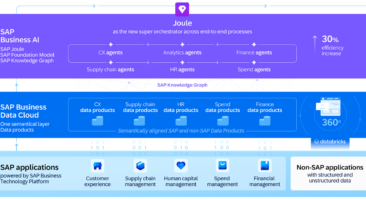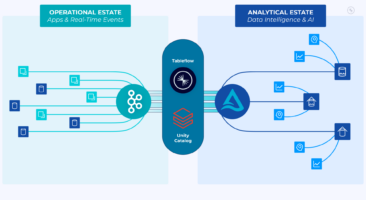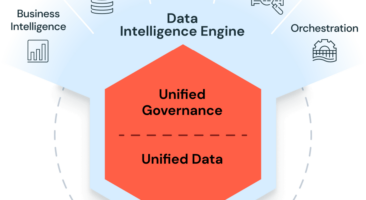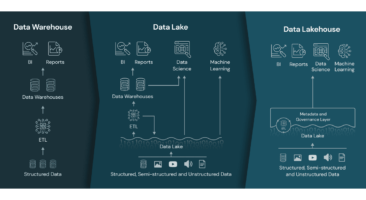Should You Migrate Your DevOps to the Cloud?
Should You Migrate Your DevOps to the Cloud?
In the world of IT, it seems that just about everything is being moved to the cloud. Cloud solutions like AWS, Azure, and many others provide companies with incredible benefits that simply aren’t possible with localized infrastructure. When evaluating whether the cloud is the right place for your business technology it is possible to pick and choose what is migrated, and when. For many companies, the best place to start is migrate your DevOps to the cloud. Cloud based software and app development will offer your organization some great benefits that make it a perfect fit. Take a few minutes to learn about some of the biggest advantages of migrating your DevOps to the cloud today.
Powerful Automation
While automation can be setup and used in any environment, it is natively available on most cloud-based DevOps platforms. For example, you can compile code, create test environments, run load tests on software, and much more automatically in this environment. It is also fast and easy to use automation to perform functions using multiple different configurations, which is a powerful tool for software development. If a developer is working on a web portal for customers, for example, they can automate tests that will use every version of every major web browser to ensure things function properly. Cloud based DevOps automation not only speeds things up, but produces better results as well.
Near Instant Setup of Test Environments
When it is time to test new software, you won’t have to manually access a specific server, manually install the software, and then begin the testing. With DevOps on the cloud, you just select what type of environment you need for testing, and the infrastructure is automatically created in seconds. This will provide you with a dedicated test environment where you can safely run any tests you need. It is even possible to have the cloud infrastructure create a test environment that simulates a production environment, so your testing is as accurate as possible.
Easy Collaboration
Modern software development is almost always a collaborative process. Business apps are often large and complex so it would not make sense to have just one person working on them alone. Cloud technologies are known for making it easy for people from distant geographic locations to access the same systems at the same time. For DevOps, this means you can have your development team working from anywhere that is convenient. Many companies will have some developers in an office, others working from home, and still others on an offshore team. Cloud based DevOps makes this collaboration easy and effective.
Pay for System Resources As You Need them
When developing or testing software, you need to have a platform on which it can run. For on premise DevOps, this means purchasing hardware (often multiple different setups) for these activities to run on. As anyone in IT knows, hardware is expensive and becomes obsolete in only a few years. When DevOps is on the cloud, you can stand up a new system instantly, and only pay for the specific resources you are using. To make it even better, you only have to pay for those resources while you are actually using them. Once you are done with a project or a test, simply stop using them and there will be no more cost. This feature of cloud DevOps alone will often cover any costs associated with a migration.
Rapid Deployment
For many organizations, this will be the biggest reason why software and app development should be migrated to the cloud. Once development has been completed and testing has been finished, the software can be deployed extremely quickly. If the software will be accessed on the cloud itself, the deployment will take just minutes to get it pushed out where it needs to go. Even if the software will be run locally or at an on premise datacenter, however, cloud DevOps makes it easy to push out software and updates anywhere they need to go. Many companies will even take advantage of continuous integration solutions such as Bamboo or Jenkins to handle the deployment automatically.
Make Cloud DevOps a Part of Your Digital Transformation
There is no doubt that cloud technologies will help to improve your overall DevOps strategy. Whether you are already planning on moving your systems to the cloud or not, transitioning your development is a smart move. It will help to speed things up, improve quality, and reduce the overall cost. On top of all of that, this type of migration is something that the developers themselves typically love.
Read more benefits about migrating to the cloud: Eight Reasons Why Your Business Should be Migrating to the Cloud

















